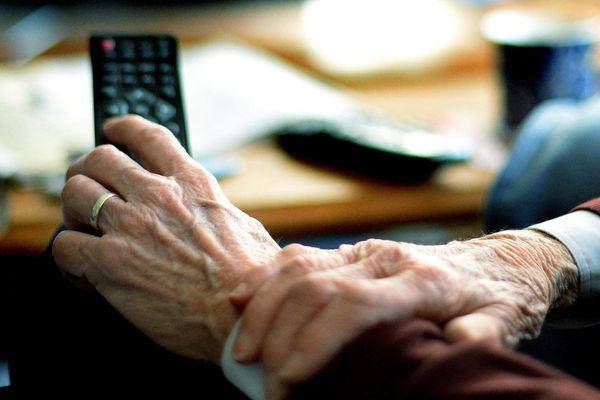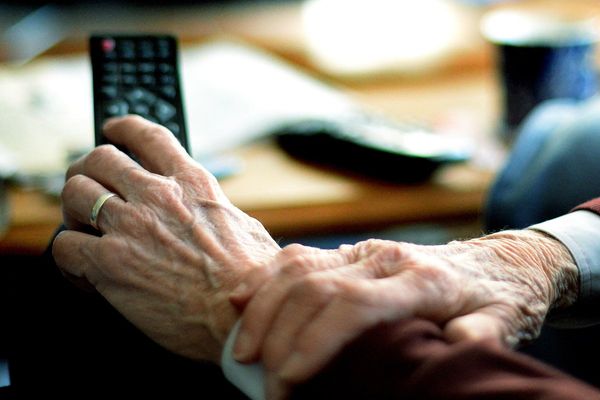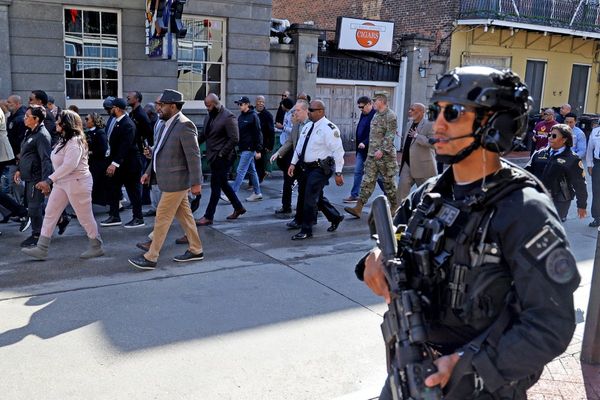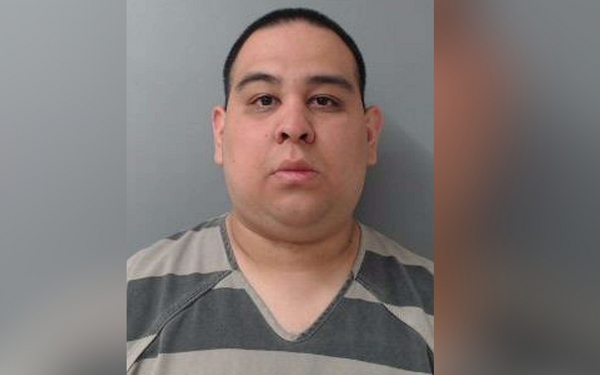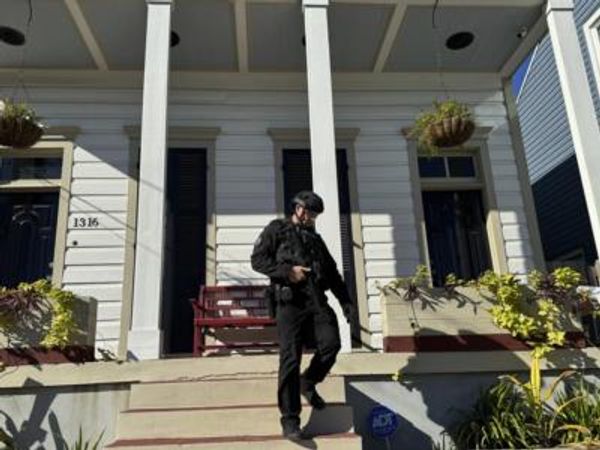
Baghdad (AFP) - Iraq's parliament will meet Thursday to "elect the president", speaker Mohammed al-Halbussi's office said, in a surprise move seen as trying to end months of political impasse.
The oil-rich country has yet to form a new government after general elections more than a year ago, and the parliament has already made three failed attempts this year to elect a new head of state, in February and March.
Halbussi's office said Tuesday that the parliamentary session in two days' time would have "a single item on the agenda, the election of the president of the Republic".
Iraqis last voted on October 10, 2021 in a general election brought forward by a wave of mass protests against endemic corruption, rampant unemployment and decaying infrastructure.
Ahead of Halbussi's announcement, the United Nations mission had urged political factions to end the deadlock, warning that "Iraq is running out of time".
Iraq's rival Shiite Muslim political factions have been vying for influence and the right to select a new premier and form a government, with Prime Minister Mustafa al-Kadhemi left in charge in a caretaker capacity.
The standoff has seen both sides set up protest camps, and at times has sparked deadly street clashes in Baghdad.
'Stifling crisis'
On one hand is the fiery cleric Moqtada Sadr, who wants parliament dissolved and new elections.
On the other sits the Coordination Framework -- an alliance of pro-Iran Shiite factions including former paramilitaries -- that wants a new government before fresh elections are held.
Tensions boiled over on August 29 when more than 30 Sadr supporters were killed in clashes with Iran-backed factions and the army in Baghdad's Green Zone, the capital's fortified government and diplomatic district.
On August 30, current President Barham Saleh urged "new, early (general) elections in accordance with a national consensus", saying these could provide "an exit from the stifling crisis".
The largely honorific post of Iraqi president is traditionally reserved for a Kurd.
It generally goes to the Patriotic Union of Kurdistan (PUK), while the Kurdistan Democratic Party (KDP) keeps control over the affairs of autonomous Kurdistan in northern Iraq.
But the KDP is also eyeing the presidency and could present its own candidate on Thursday.
There are currently two obvious contenders: the PUK's Saleh, the incumbent, and current Kurdistan Interior Minister Rebar Ahmed of the KDP.
'Escalation'
Sajad Jiyad, researcher at think tank Century International, said he expected a quorum -- 220 deputies out of the 329 in parliament -- to be reached and for the vote to go ahead.
But he said much depended on whether the PUK and KDP could compromise.
"Has the (Coordination) Framework managed to convince the PUK and the KDP to come to an agreement?
"Will there be one candidate?Will it be Barham?Or two candidates, Barham and someone the KDP backs?" he said.
Political scientist Ali al-Baidar said the PUK's Abdul Latif Rashid, a former water resources minister, was a potential consensus candidate.
He pointed to the Coordination Framework's recent "accelerated action to end the crisis and take the reins of power again".
Once parliament elects a new president, that person must then designate a prime minister, who is chosen by the largest coalition in parliament.
Jiyad said that if a president were elected, the likely candidate for premier would be Mohammed Shia al-Sudani, the Coordination Framework's choice for the post.
With the government formation moving ahead, "the Sadrists are not likely to be happy", Jiyad said.
"Maybe they will encourage protests and prepare for the next elections."
Baidar said he thought the Sadrists would give their green light in exchange for "a certain number of ministries" in the new government, including key portfolios.
However, he warned, the other scenario would be "escalation".
